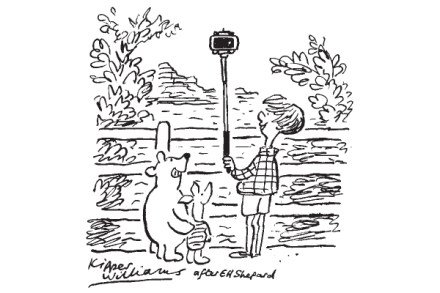The Spectator at war: The price of failure
From ‘The Attack on the Dardanelles’, The Spectator, 27 February 1915: THE British public have recognized the importance of the attack on the Dardanelles. They have seen instinctively that it means a great deal more than the mere bombardment of the vulnerable points offered by the enemy’s forts on the European and Asiatic sides of















